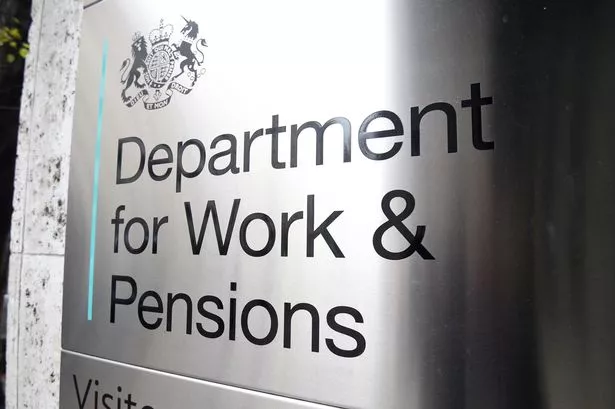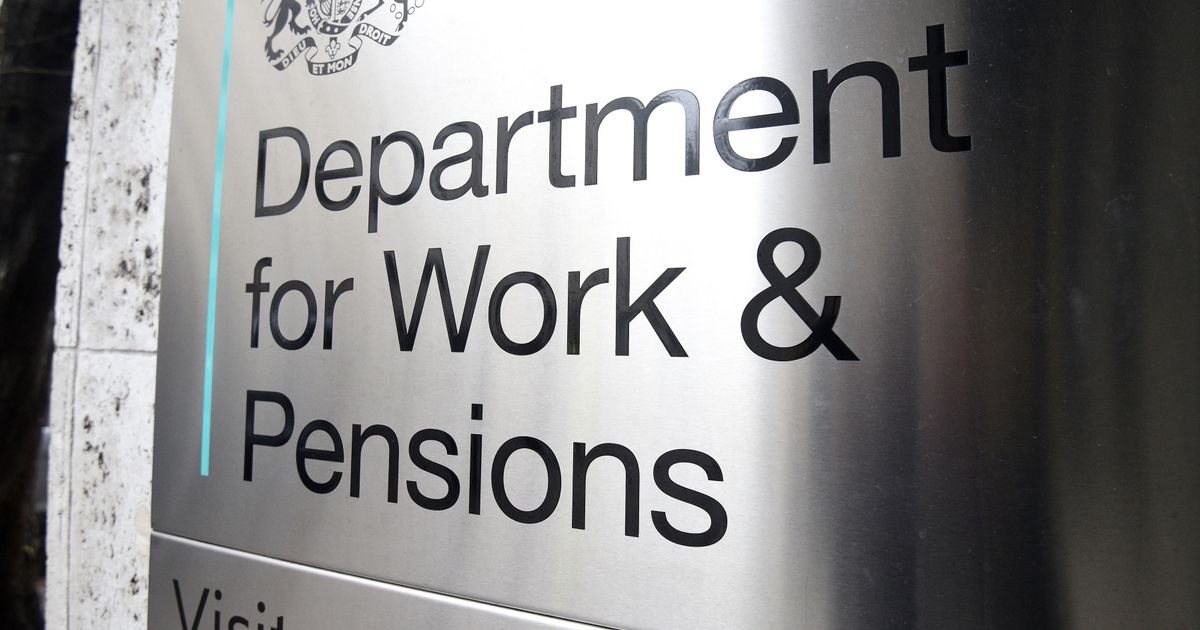The state pension age is already legislated to increase from 66 to 67 between 2026 and 2028, but a review will take place to look at where it should be set after that DWP stock image(Image: Kirsty O’Connor/PA Wire)
DWP stock image(Image: Kirsty O’Connor/PA Wire)
The looming possibility of the state pension age rising to 69 has edged nearer, with Labour gearing up for a fresh review of the state pension age. Current legislation is set to see the pension age incrementally rise from the existing 66 to 67 between 2026 and 2028.
Labour has now declared that it’s time for another assessment to determine the appropriate level for the state pension age. The previous review, conducted by Baroness Neville-Rolfe, took place in 2022.
Gallagher’s benefits consulting leader, Mark Pemberthy, highlighted that the last review opened the door to potential further hikes in the state pension age.
READ MORE: DWP explains new rules for NI pensioners in line for Winter Fuel PaymentsREAD MORE: Free school meals and uniform grants – How to find out if you are eligible
He detailed: “The previous review of the state pension age in 2022 recommended that, on average, people should expect to receive the state pension for 31% of their adult life, and that the total cost of state pension related expenditure should be limited to 6% of GDP.”, reports the Express.
Pemberthy also noted that the 2022 review foresaw an increase in the state pension age to 69 starting from 2046, although this change hasn’t been made law yet.
The Government has outlined the main considerations for the upcoming review, which will ponder over tying the state pension age to life expectancy and ensuring the state pension remains affordable and sustainable.
However, Pemberthy expressed his belief that the review might not lead to significant shifts in these areas, saying: “Life expectancy is a complex issue. For decades, life expectancy rose consistently.
“This trend was halted by the COVID-19 pandemic and has stayed lower since – with 2024 life expectancy still lower than in 2019.
“But the average masks some wide variances based on occupation, gender, geography, and socioeconomics. There is significant concern that further increases in state pension age could mean that some population groups do not get much opportunity to enjoy their state pension.”
He mentioned there are also challenges in trying to limit the amount spent on the state pension relative to GDP.
The consultant remarked: “Limiting the cost of state pension as a percentage of GDP is complex and will be dependent on a number of variables including how successful our economy is in the future and also how fast the state pension is increased each year.
“Currently this is the higher of inflation, earnings or 2.5% [under the triple lock policy] – all of which are significantly higher than our forecast GDP growth over the next few years.
“The triple lock will not be part of the state pension age review, but must be a consideration in the wider pension review if pensions are going to be sustainable for future generations. “.
The full new state pension now stands at £230.25 a week, following a 4.1 percent increase in April in accordance with the triple lock.
For all the latest news, visit the Belfast Live homepage here and sign up to our daily newsletter here.
